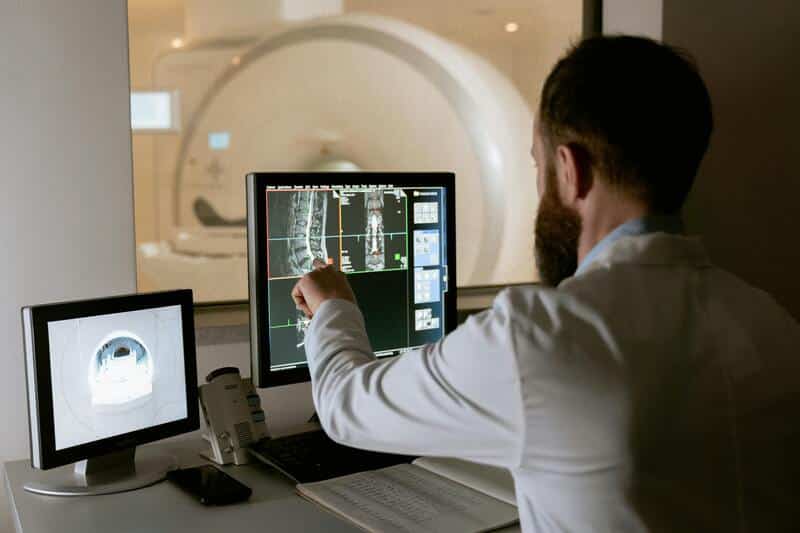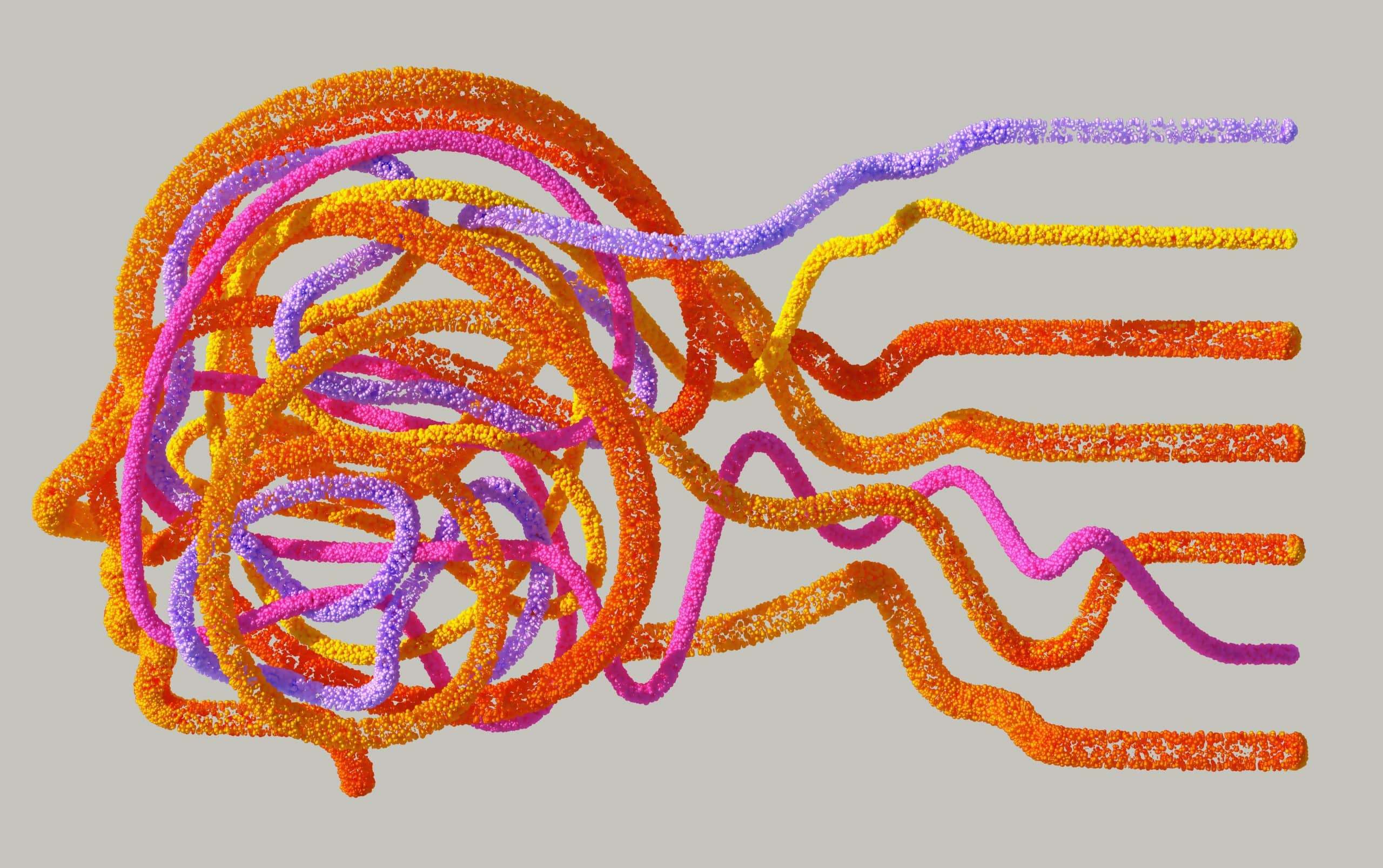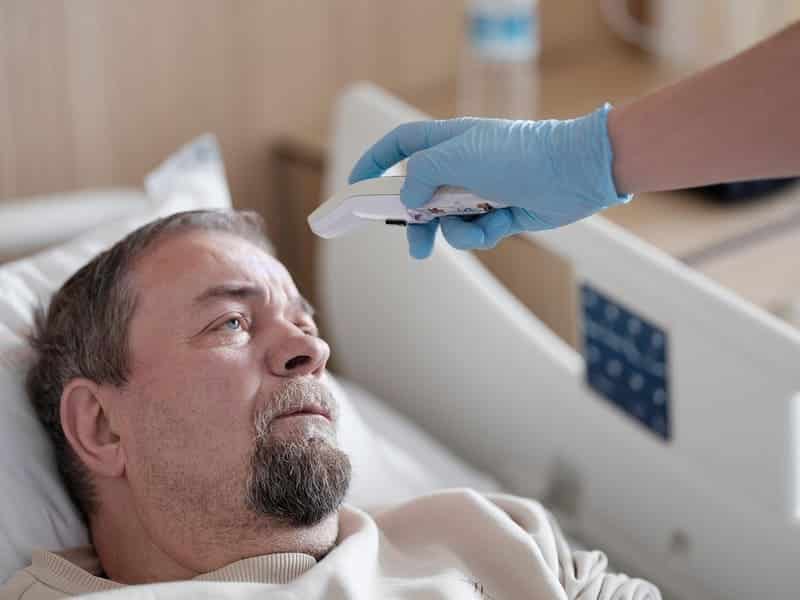For many people, the health of their bones is something they do not have to worry about until they are older or something that only affects people of one gender. In fact, bone density can majorly impact your quality of life because it can determine your risk of injuring or fracturing your bones. There’s much to learn about bone health and its importance to your overall health and wellness.
What Bone Density Is
According to the National Cancer Institute (NCI), bone density measures the amount of minerals within a bone’s volume. It is also the study of how porous your bones are, like a sponge with many little holes. In a bone, the more space there is, the less dense the bone is. When most medical professionals refer to these medical concerns, they may also use the phrase “bone mass.” According to The Journal of Clinical Endocrinology and Metabolism (JCEM), your genetics determine 60-90% of your peak bone mass density (BMD).
Peak BMD is important for your overall skeletal health. Reaching that peak density, however, can vary depending on a variety of factors, one of which is genetics. Other factors can include how much calcium you had growing up, how much your exercise and whether it’s enough, and whether you have or had an illness that would impact your life growing up.
Your Quality Of Life
Bone health can affect your quality of life in many ways. If your bone density is low, it can put you at a higher risk for falls and fractures or cause you chronic pain. Being at a higher fall risk means you more than likely will experience fractures and injuries that can lead to long periods of pain and healing. Most fractures can lead to further health concerns and conditions, some of which require physical therapy or medication.
Having weaker bones can also lead to being diagnosed with osteopenia, or lower than normal bone density, and possibly osteoporosis or other medical conditions. Lower bone density can also result in spinal conditions that can cause chronic pain or result in collapsed vertebrae. Any of these medical conditions can permanently affect your day-to-day life and make even simple household tasks, such as bending over to grab the trash and carrying groceries in, more difficult and painful.
Bone Health Issues Can Affect Anyone
Contrary to popular belief, weak bones can affect anyone. There is a stigma that this condition only affects women and older adults, but this is not the case. According to the Mayo Clinic, people of all genders, ethnicities, and ages can be subject to weaker bones and poor bone health. The Mayo Clinic even has a pediatric clinic specializing in children’s skeletal disorders and bone health. While women have higher statistics when facing health issues with bone health overall, they are not the only ones affected. Paying attention to healthy aging and bone health throughout all stages of life is crucial. Everyone should strive to keep their bones as strong as they can.
How To Check Your Bone Health
Though getting a bone density test may seem intimidating, it is actually painless and fast. This type of scan requires no invasive measures and lasts up to 30 minutes, similar to a whole-body X-ray. The only preparation you may be advised to take before going for your test is to avoid taking calcium supplements and vitamins for a day or two before the test.
When you arrive for the test, you usually only need to remove your jewelry, clothing with any metal, and glasses. While lying on your back on a table, a medical machine passes over and scans your body. As long as you lay still, your images should not be blurry, which would require a rescan. Once this is finished, your test is over. You should review your results with your doctor who will help you understand their meaning.
Conclusion
Having lower bone density is a medical concern that can affect anyone at any time. If you are worried you may be at risk or are looking to learn more about an upcoming procedure, you should know that bone density testing is a quick and painless process that’s effective in determining the health of your bones. Furthermore, taking proactive steps like drinking more milk, taking calcium supplements, or doing specific exercises is a positive habit to help improve your overall health.
Disclaimer: This article is intended simply to provide information. It does not replace the medical advice of a physician. Please speak with your doctor if you have any questions or concerns.










